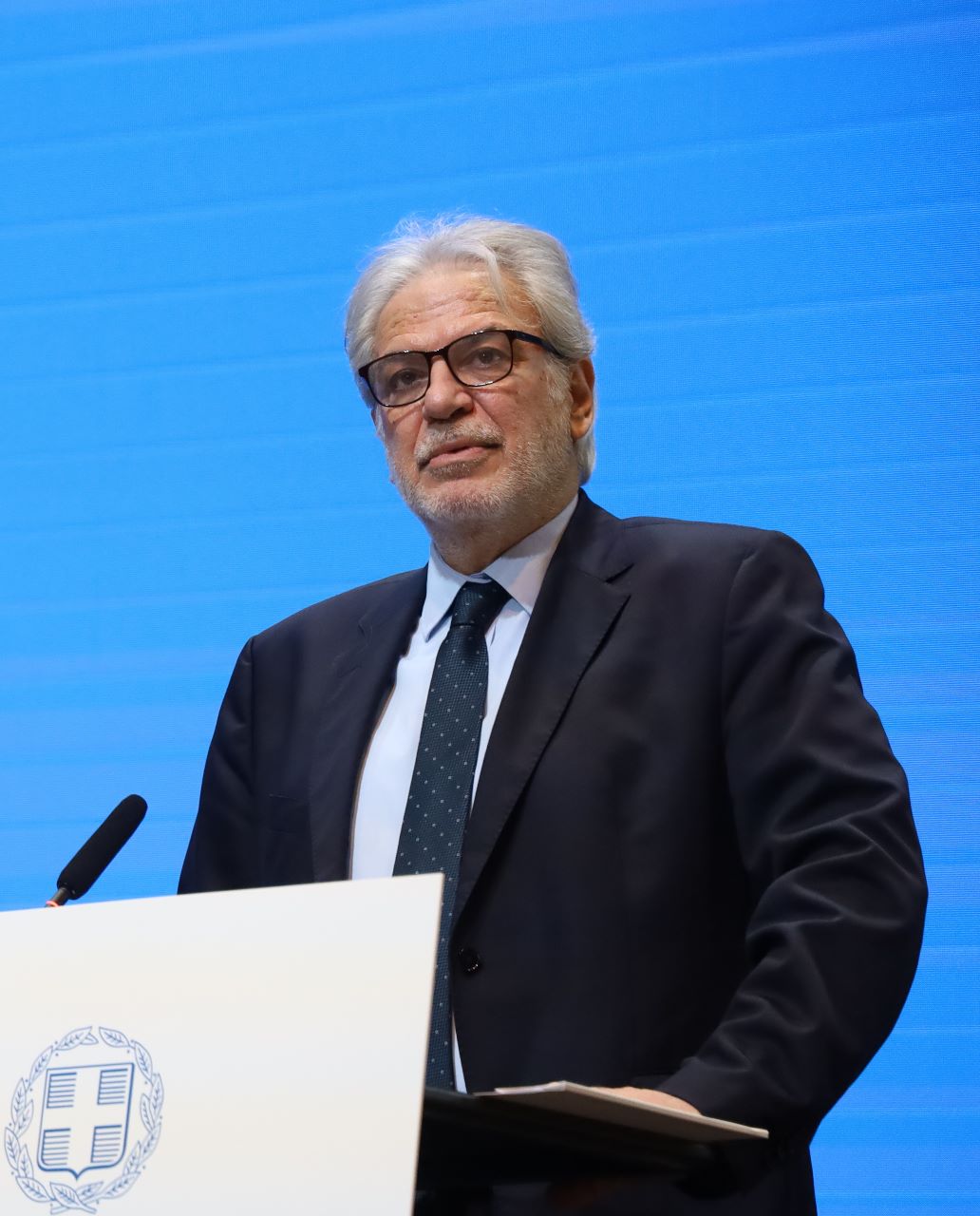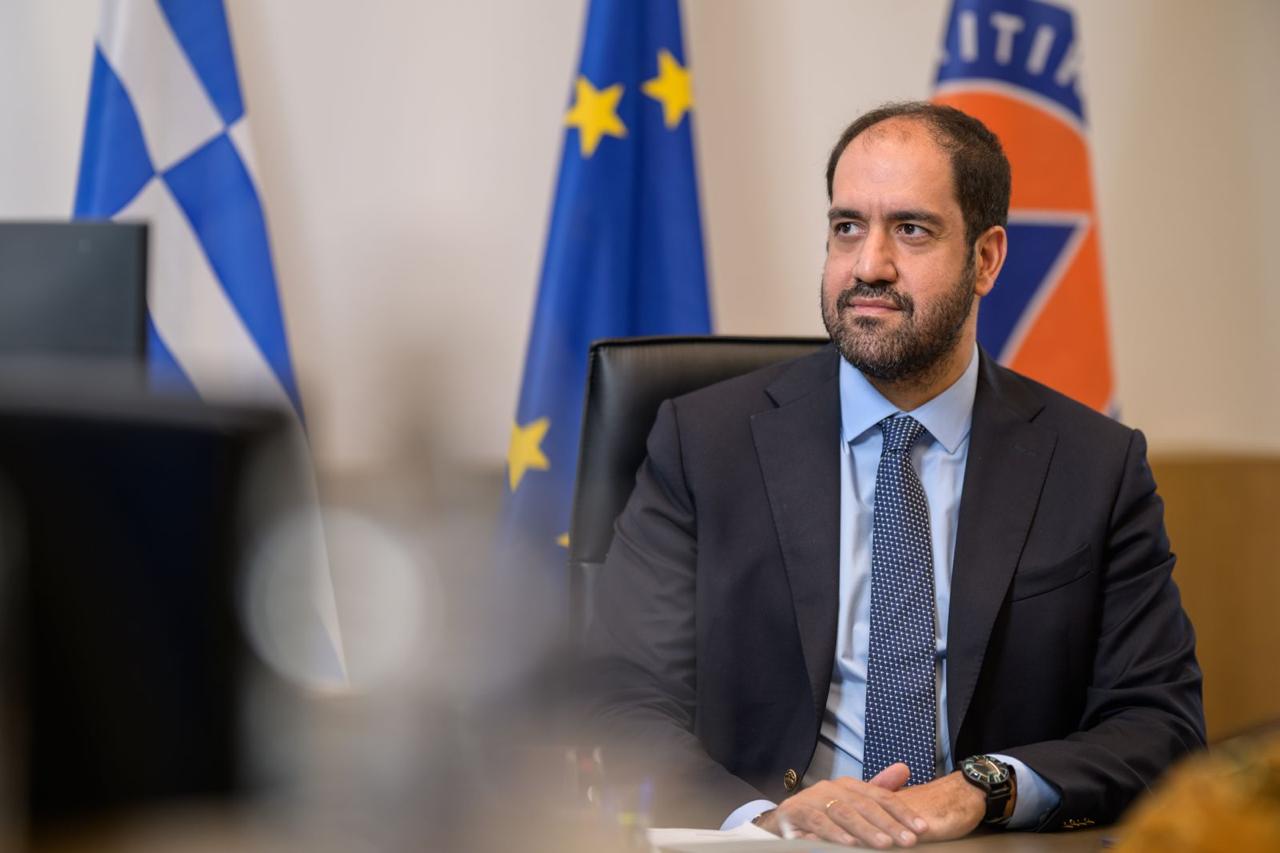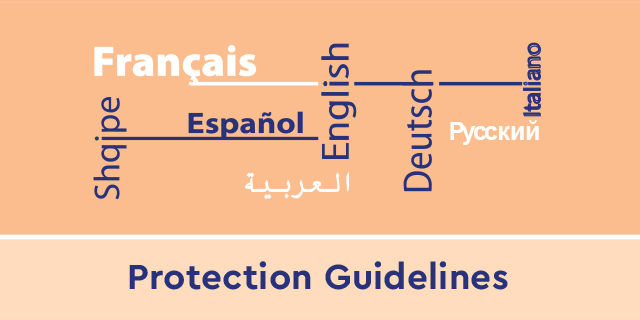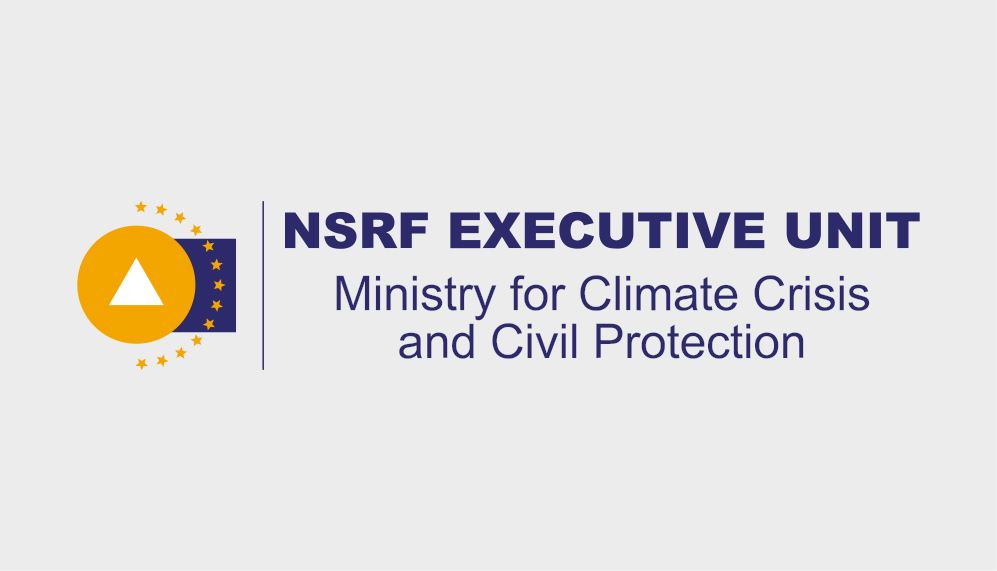Speech - Article
Ομιλία Χρ. Στυλιανίδη στο 8ο International Wildland Fire Conference

Στο 8ο Διεθνές Συνέδριο «Wildland Fire Conference», που διεξήχθη στο Πόρτο της Πορτογαλίας, μίλησε ο Υπουργός Κλιματικής Κρίσης και Πολιτικής Προστασίας, κ. Χρήστος Στυλιανίδης. Στο πλαίσιο του Διεθνούς Συνεδρίου παρουσιάστηκαν τα αποτελέσματα της Έκθεσης του ΟΟΣΑ για τη διαχείριση των δασικών πυρκαγιών σε ένα μεταβαλλόμενο κλίμα “Adapting wildfire management to a changing climate”. Μάλιστα, για τη διεξαγωγή της έρευνας, ο ΟΟΣΑ συνεργάστηκε με την Ελλάδα, που αποτελεί hotspot της κλιματικής κρίσης, προκειμένου να αποτυπώσει τους κινδύνους αλλά και τις πολιτικές αποτελεσματικής αντιμετώπισης, με έμφαση σε θέματα πρόληψης, προσαρμογής και ανθεκτικότητας. Ο κ. Στυλιανίδης μίλησε για την ανάγκη εφαρμογής πολιτικών που προωθούν μια ολιστική προσέγγιση αντιμετώπισης των ακραίων φυσικών φαινομένων που προκαλούνται εξαιτίας της κλιματικής κρίσης. Ιδίως των σφοδρών δασικών πυρκαγιών υψηλής έντασης και παρατεταμένης διάρκειας, που εκδηλώνονται όλο και πιο συχνά πλέον. Παράλληλα, παρουσίασε τις δράσεις και τις πρωτοβουλίες που αναλαμβάνει η χώρα μας προς αυτή την κατεύθυνση, υπογραμμίζοντας -μεταξύ άλλων- την κομβική σημασία της συλλογικής δράσης, σε εθνικό, ευρωπαϊκό και παγκόσμιο επίπεδο.
Σημειώνεται ότι η ομιλία, η οποία προβλήθηκε στο Συνέδριο μέσω βίντεο, πραγματοποιήθηκε στα αγγλικά.
Ακολουθεί το μήνυμα του Υπουργού:
Dear Minister Ana Abrunhosa (Minister of Territorial Cohesion, Portugal),
Dear Mrs. Jo Tyndall (OECD Environment Director),
Dear Mr. Walid Oueslati (Acting Head of the OECD Climate, Biodiversity and Water Division),
Dear friends,
Ladies and Gentlemen,
Let me start with thanking the OECD for this kind invitation.
It is my pleasure to participate at today’s event which takes place at the occasion of the 8th International Wildland Fire Conference in Porto, Portugal. Unfortunately, prior obligations in my schedule did not allow me to be there with you. And I thank you once again for making it possible for me to be with you virtually – through a video message.This event is an excellent opportunity to discuss and exchange ideas and best practices so as to reinforce our collective wildfire preparedness and response. An issue which is of great importance. The Hellenic Ministry for Climate Crisis & Civil Protection has been actively involved in this OECD project and Greece has been one of the case study countries in the OECD Flagship Report. The work done by the OECD was particularly helpful and valuable for us and the collaboration has been excellent.
Dear friends,
The hard reality is that climate change - climate crisis - is one of the most pressing challenges for our planet. Maybe the most pressing! It is a multidimensional and particularly complex issue. Which is causing more frequent and severe natural disasters. Wildfires, severe floods, droughts, and extreme weather phenomena are the “new normal”. We feel the consequences every day. In Europe but also around the globe. And – unfortunately – according to science – these consequences are here to stay. Last summer showed once again - the hard way - that no country alone can respond effectively to wildfires. Or any other severe natural disaster. During last year’s fire season in 2022, we witnessed wildfires - mega-fires - affecting not only the wider Mediterranean Basin – an area particularly prone to wildfires – but countries in Central Europe too. Apart from Spain, Portugal, France, and Greece we had the examples of Germany and the Czech Republic. It once again became clear that the climate crisis is here! The facts speak for themselves. For the Greek government, tackling climate crisis is very high on the agenda.
The Hellenic Ministry for Climate Crisis and Civil Protection was established in September 2021. And its establishment came after the devastating wildfires – megafires - of summer 2021 in our country. The core feature of the newly established Ministry is the link between climate crisis and civil protection. A link which I believe is of outmost importance. Because the climate crisis is already ahead of us. The objective of the Ministry is to meet the new needs in disaster risk management, as these arise due to climate crisis.
Our main goal is to bridge the traditional approach to disaster risk management - which focuses on response - with three key pillars:
- Prevention,
- Preparedness, and
- Resilience
This is our new ‘dogma’, which guides all our actions and initiatives. A dogma which we implemented last year and which we will implement this year too. We want to build our prevention capacity but at the same time to secure that our response capacities remain robust and effective. We follow a holistic approach aiming to enhance our adaptation efforts and strengthen our country’s climate resilience. An approach which puts emphasis on collaboration and synergies. On a global, European, national, regional, and local level.
Dear Friends,
There is no doubt that the only way to address the consequences of the climate crisis is to work together. We must work collectively. To take initiatives and implement collaborations. With emphasis on prevention and adaptation. Of course, this cannot be done overnight! This may sound trivial. Or a “cliché”.
But the global, the European and our experience from last year in Greece made clear that:
- increasing preventive measures and structures - in relation to response - is a gradual process
- It is not automatic and
- It cannot be done over-night.
Collaboration and the exchange of best practices between countries is key. In Europe, the EU Civil Protection Mechanism and rescEU are the most important and successful instruments of cooperation in the field of disaster management. RescEU in particular has clearly shown how the European Union can act as a multiplier of national capacities in emergency response. It has shown how we are stronger together. Greece's assistance with firefighting aerial means to Portugal, France and other European countries is a tangible example of this solidarity. Another example of solidarity on the ground is the “pre-positioning” project which we implemented for the first time last year in Greece. European firefighters from France, Romania, Germany, Bulgaria, Finland, and Norway, were pre-based in Greece throughout the summer season and assisted substantially the local firefighting forces. Collaborating and bringing added value in terms of capacity and exchange of expertise. This is exactly the path we need to follow. This should be our compass for enhancing climate resilience and adaptation in the European Union and beyond. Always, in a structured and flexible framework.
Ladies and Gentlemen,
I once again want to thank the OECD for this excellent project which brought together experts and policymakers from countries all around the world. A project which promoted collaboration and the exchange of best practices. A clear example of the type of actions we need! Greece will continue to support such initiatives. Because the challenge is huge, and the dilemmas are hard. The cost of inaction is today higher than ever. And in politics, we have to make difficult choices. Based on our principles. But also grounded on realism and rationalism.
I wish every success to your event and a fruitful discussion.
Thank you once again.






